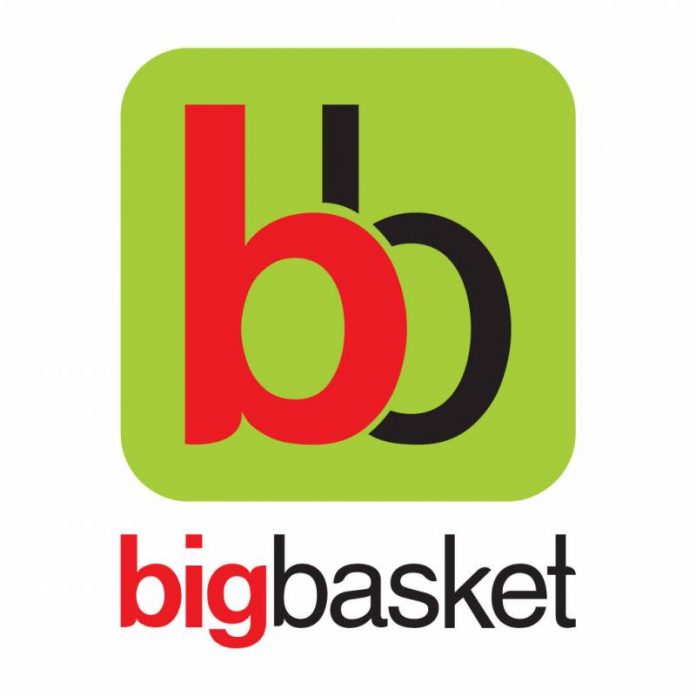Investors continue to be bullish on the online grocery space as the next vertical story of Indian e-tailing, after electronics and fashion.
Online grocery brand BigBasket announced a $150 million funding round on Monday. Mirae Asset-Naver Asia Growth Fund, the UK Government’s development finance institution, CDC Group, and Alibaba Group led the financing round. BigBasket is now valued at over a billion dollars, the latest start-up to join a growing list of India unicorns.
The financing round underlines two things. One, investors continue to be bullish on the online grocery space as the next vertical story of Indian e-tailing, after electronics and fashion. This vertical is growing at a scorching pace. Two, investors believe that a big ticket consolidation, on the lines of Walmart-Flipkart, is on the horizon.
Satish Meena, analyst with Forrester Research sticks his neck out to say that investors are bullish that “BigBasket will be acquired at a good valuation by either Amazon, Walmart-Flipkart, or Reliance”. Apart from BigBasket, Grofers could be a preferred acquisition target, he adds.
“This is playing in the mind of investors. $150 million is a small amount to make a sustainable business – BigBasket would still need a lot of capital. Nevertheless, they are the largest player with most loyal customers. Investors can wait for couple of years and see if they can exit,” he says.
On Monday, VS Sudhakar, BigBasket’s Co-founder mentioned in the announcement release that the company was looking to build a large grocery business: “We are reengineering our supply chain to allow for faster delivery to our resellers and to reduce the time from farm to our customers. We are also scaling up the back-end supply chain for our new businesses – BB Daily that delivers fresh milk and other fresh products and BB Instant that creates a network of vending machines.”
India’s online grocery market, which has already seen a boom and bust cycle over the last five years, is seeing round two of optimism with investors realising the untapped potential. Consulting company RedSeer, in a recent note, pointed out that India’s grocery market totals $500+ billion. Of this, a mere 0.2 per cent is online thus far. “Given this massive potential, we expect the online market to continue chugging along at 50 per cent growth rate for the next few years, which will be served by various models, including category specialists and narrow and wide supermarkets,” the note stated. “The market is very top heavy, challenging for new entrants – the likes of Grofers and Bigbasket have an outsize share of the market, while the omnichannel players and smaller verticals have a long way to go to gain scale. This also points to the challenges like Swiggy may face in making a dent in the market,” RedSeer added.
While Amazon already runs a grocery business in India, albeit small now, industry watchers expect Flipkart to focus more aggressively on this space post the Walmart takeover. Newer start-ups, with interesting business models, are getting funded too. One of them is Gurgaon-based Milkbasket, which launched in 2015. It runs a daily micro-delivery service with a restricted delivery model. The company only supplies between 5 am and 7 am. Just like newspaper delivery, the customer isn’t disturbed. The ordered stuff is dropped-off at the door. Then there are the emerging fish and meat players. Freshtohome, for instance, is disrupting the fish supply-chain. The start-up started direct sourcing from fishermen on the coast to cut out the middlemen. Fishermen typically auction the fish they catch to the middlemen. Freshtohome developed an easy to use app that the fishermen can use to bid. The app just has pictures of different fish and they can scroll to select depending on the catch.


